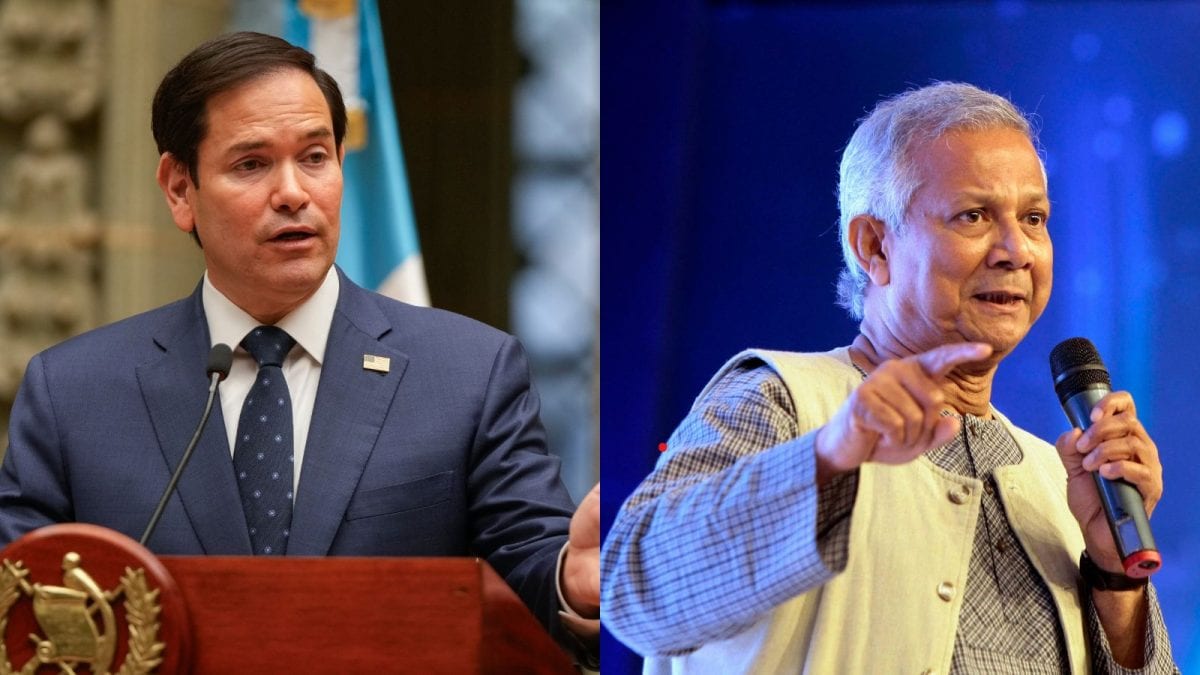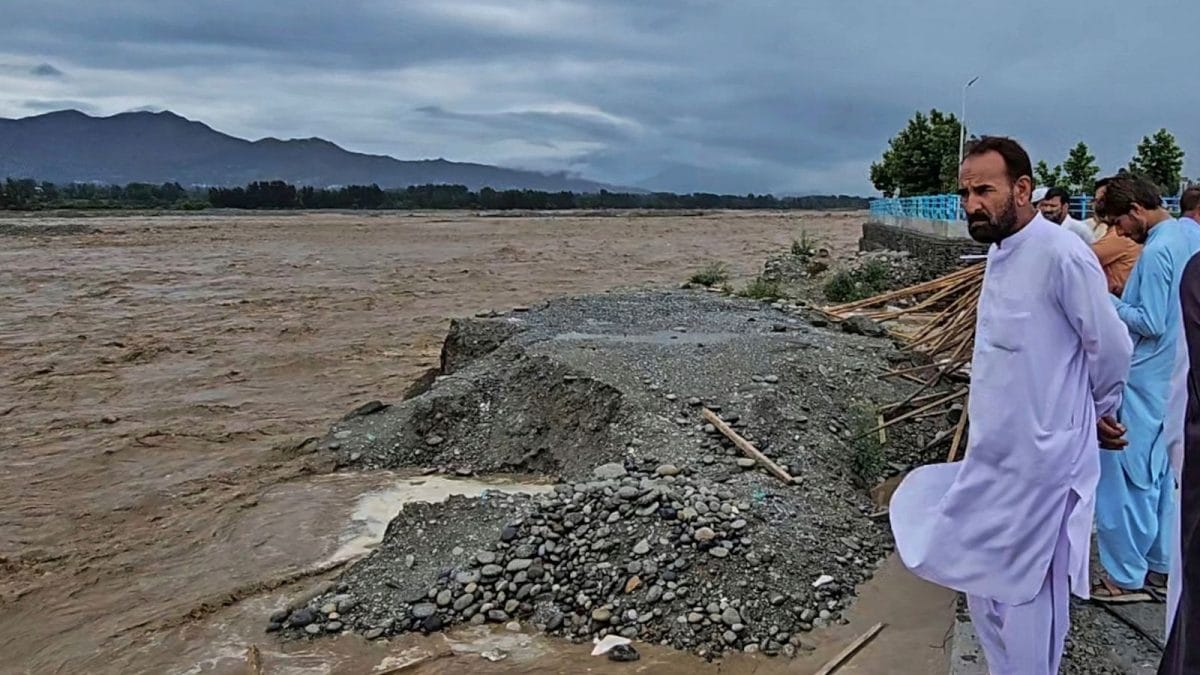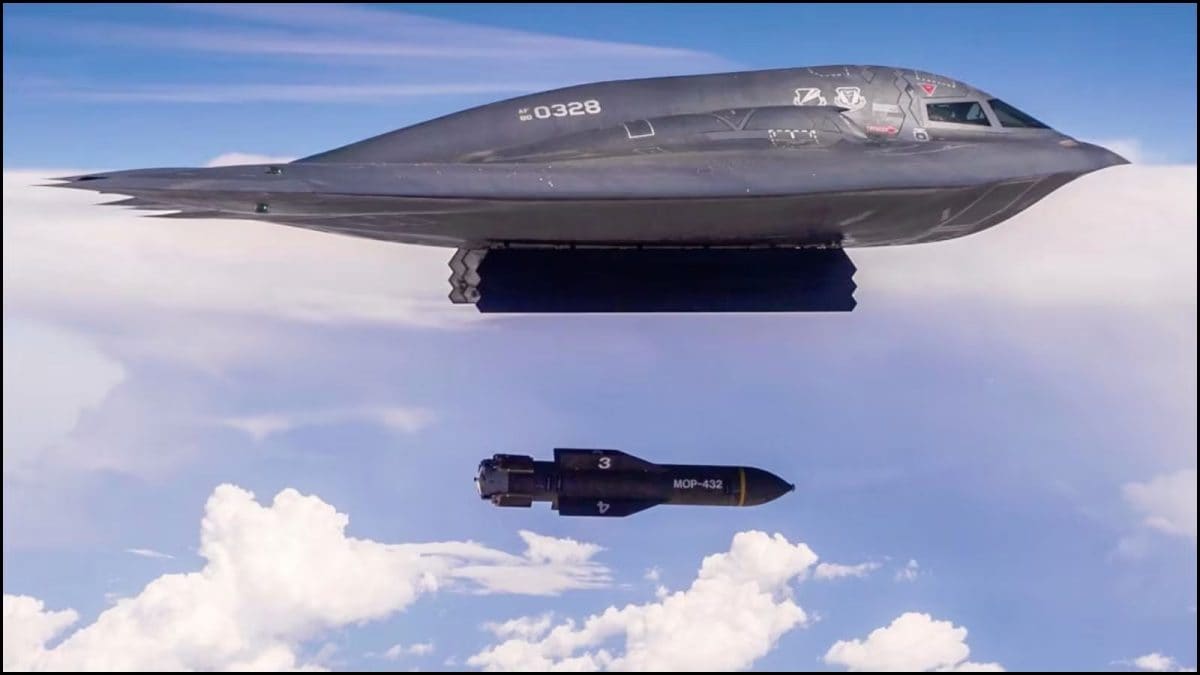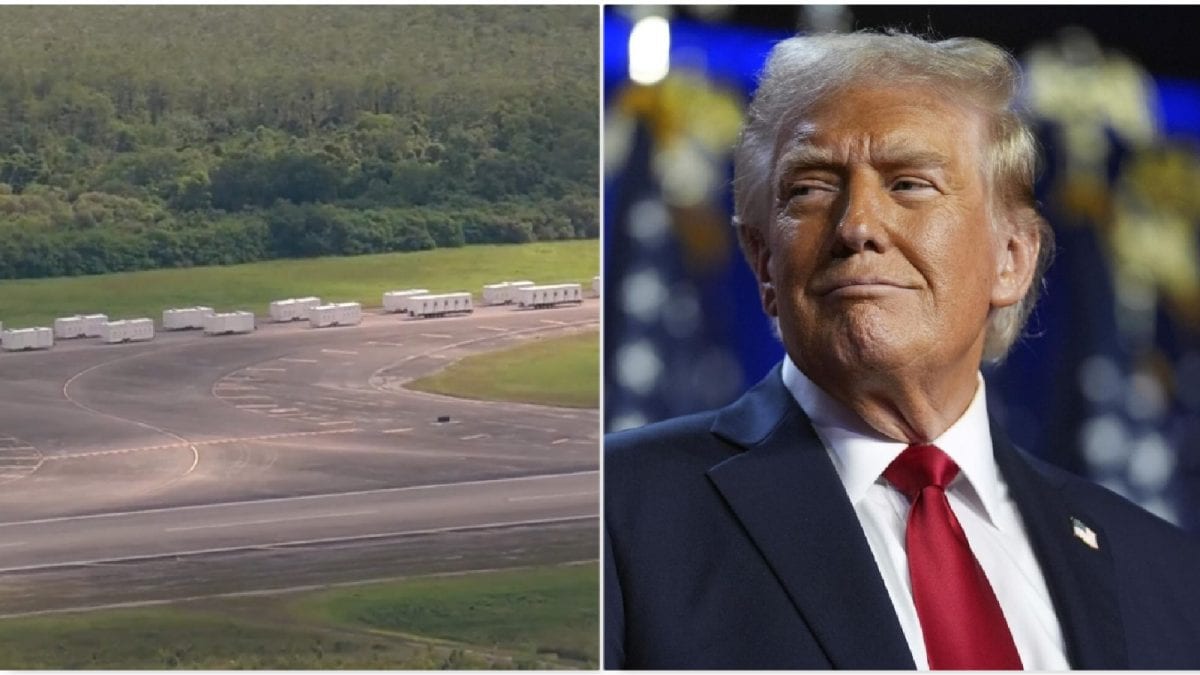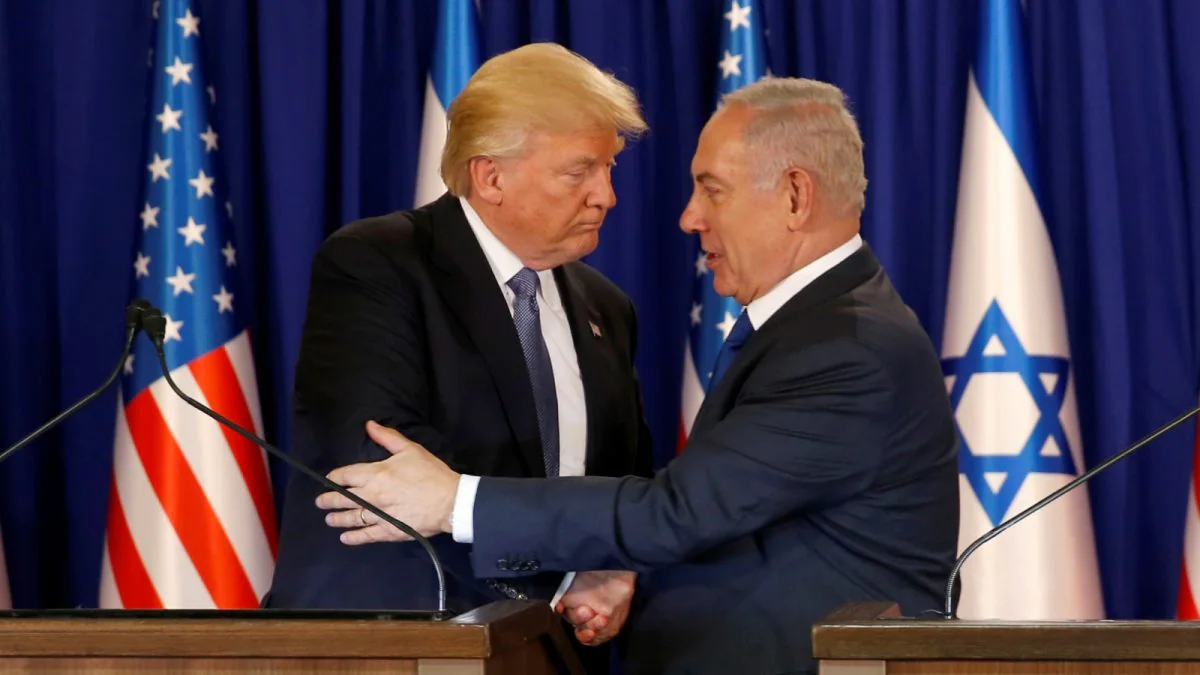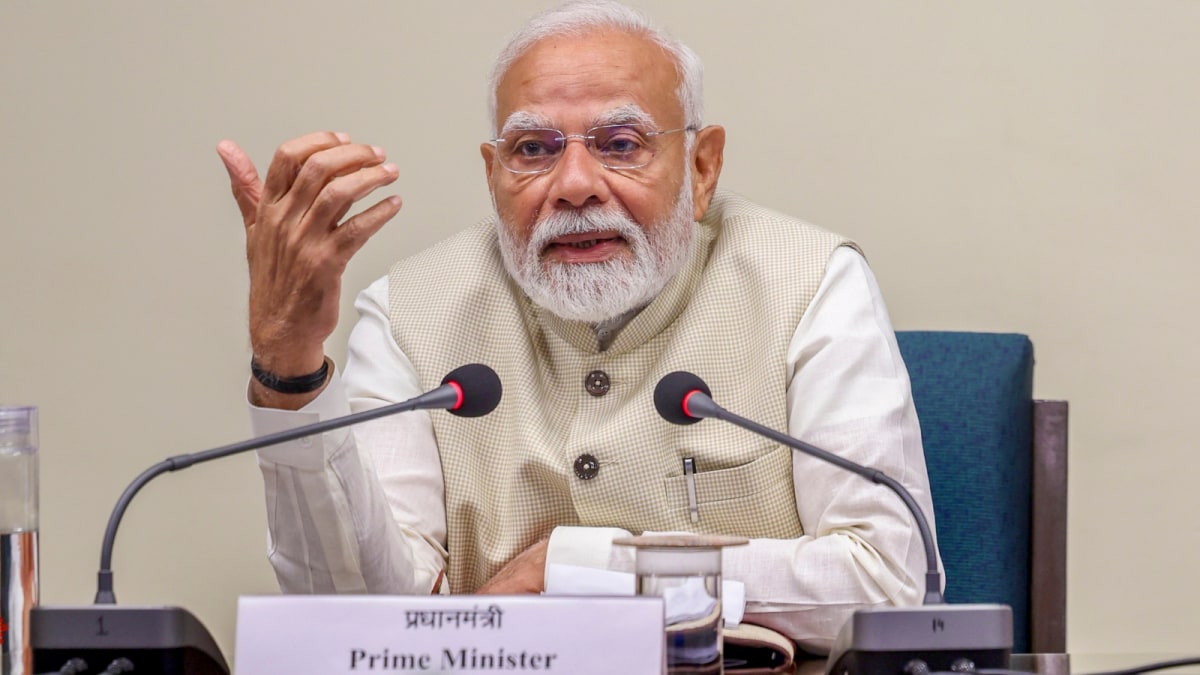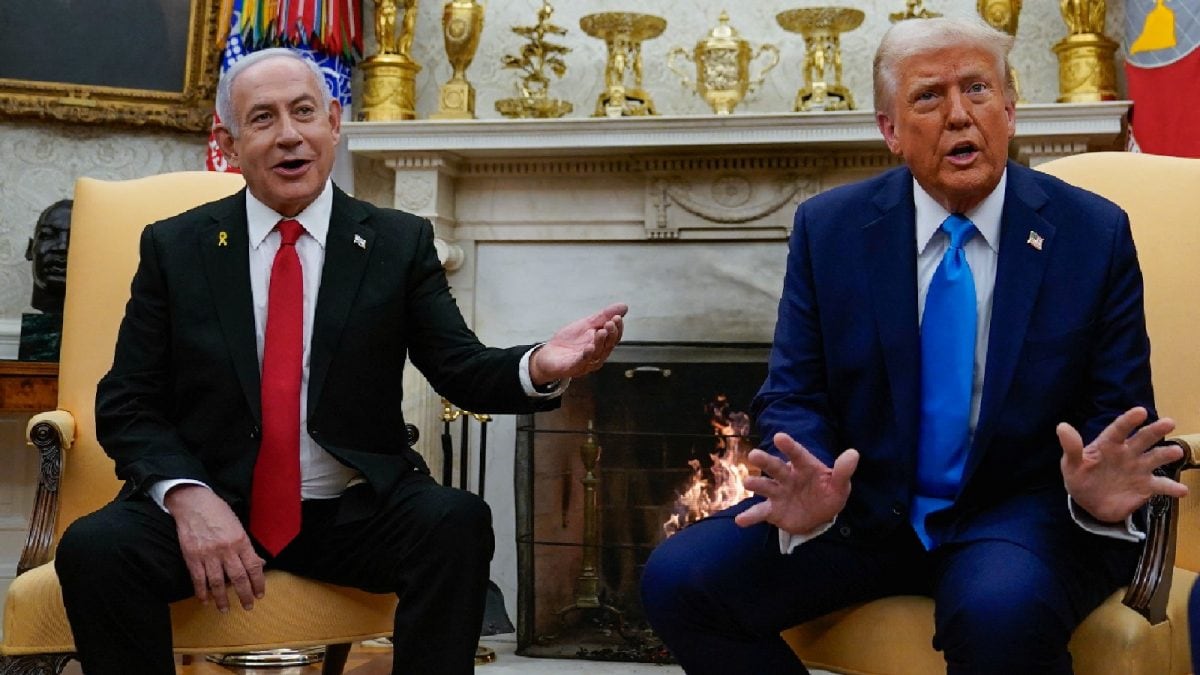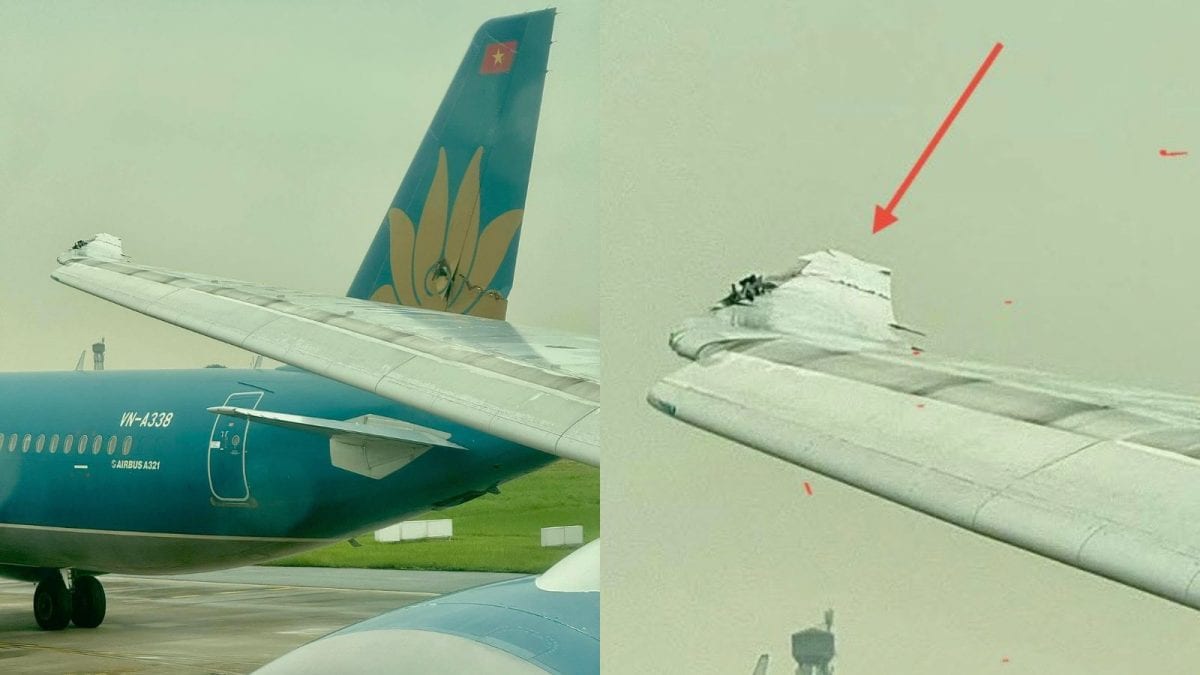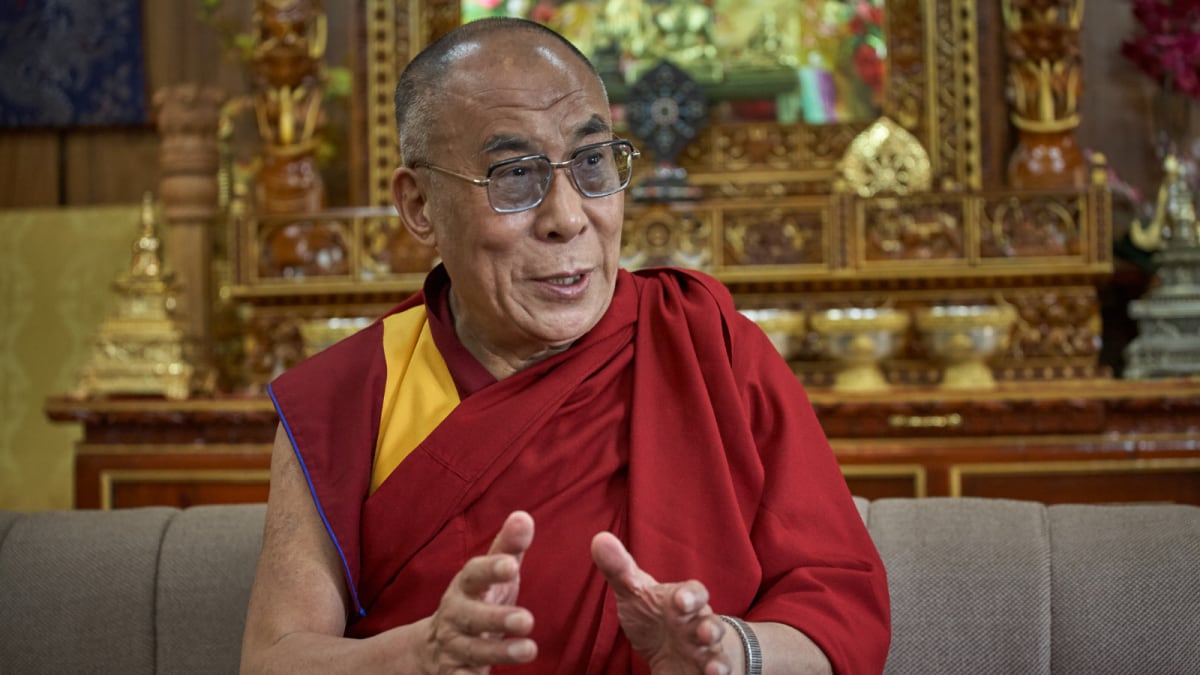Last Updated:June 30, 2025, 15:05 IST
As Xi's ideological control weakens, intelligence sources highlight that Wang Yang is being groomed as a reform-oriented future leader and technocrat.

China President Xi Jinping | Image/Reuters
Chinese President Xi Jinping’s unusual disappearance from public view between May 21 and June 5 this year has sparked intense speculation about internal political adjustments at the highest levels of the Chinese Communist Party. However, top intelligence sources have told CNN-News18 that Xi Jinping’s absence is not unusual, and China has a history of sidelining prominent leaders.
The Chinese Communist Party (CCP) has previously done this with three notable leaders, reducing their operational authority to mere ceremonial roles, say sources. Currently, real power lies with General Zhang Youxia, the First Vice Chairman of the Central Military Commission (CMC), who is backed by CCP seniors from the Hu Jintao faction, according to top intelligence sources.
As Xi’s ideological control weakens, intelligence sources highlight that Wang Yang is being groomed as a reform-oriented future leader and technocrat. CCP leadership transitions are typically managed by sidelining rather than outright dismissals. Although Xi retains his formal titles, top intelligence sources note that his operational dominance is waning across military, economic, and ideological domains. This sidelining is evident with the removal or sidelining of army generals linked to him.
Intelligence sources also observe the absence of mentions of “Xi Jinping Thought" and the re-emergence of senior party members. State-controlled media’s silence on Xi indicates an internal power shift. Meanwhile, China’s economy is struggling with 15 per cent youth unemployment and stagnant real estate growth. Failures in semiconductor funding programmes further compound the economic woes.
China is known for externalising its internal problems and instability, especially against India, top intelligence sources assert. Multiple reshuffles in the PLA Western Theatre Command since late 2024 indicate that field commanders may escalate tensions along the LAC, potentially taking action in Arunachal Pradesh and Ladakh to demonstrate loyalty or distract from domestic issues.
The CCP has a history of using external confrontations to manage internal instability, as evidenced by increased South China Sea activities during the 2012 Bo Xilai political crisis and aggressive moves in Ladakh during the 2020 pandemic, intelligence sources remind. Similar strategies were employed during the 2014 anti-corruption crackdown that unsettled the army and local power.
Top intelligence sources warn that China may escalate cyberattacks on Indian infrastructure and intensify disinformation campaigns targeting India’s internal problems, reminiscent of the 2020 pandemic. Beijing may also attempt to block Indian initiatives at the UNSC and escalate naval presence in the Indian Ocean to project power.
Group Editor, Investigations & Security Affairs, Network18
Group Editor, Investigations & Security Affairs, Network18
News world Xi Jinping's Absence Signals Power Shift? Intel Sources Warn China's Internal Turmoil May Spill Over To LAC | Exclusive

 5 hours ago
5 hours ago

